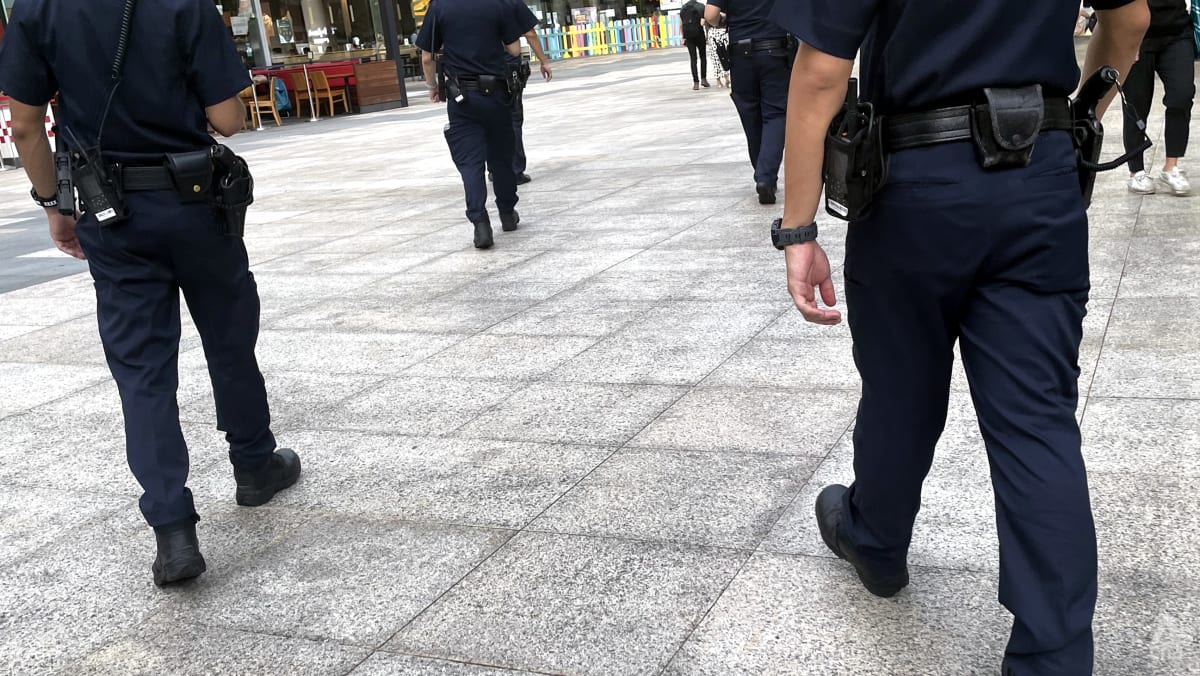
CONCERNS RAISED
Dr Syed noted that when someone is on the brink of suicide and facing immense despair, the police and other Home Team officers remain their “last hope for rescue”.
“Time is of the essence, and where reasonable grounds are sufficiently present to suggest a potential threat to self or others, my view is that apprehension may be necessary to save a life under such circumstances,” he added.
The authorities need to ensure the individual gets access to psychiatric evaluation and assessment without delay after the apprehension, he added.
Dr Syed also called for police officers to undergo structured training in the apprehension of attempted suicide cases, coupled with input from care professionals and specialists in the field.
“Such structured training would also be important to ensure that while there is some latitude and range for judgement by police officers on the ground, the exercise of such powers of apprehension continues to be done with propriety, with confidence and with safety in mind,” he said.
His calls for training for frontline officers were echoed by MP Yeo Wan Ling (PAP-Pasir Ris-Punggol), who said such training to be made mandatory for “all enforcers”, including full-time national servicemen. This should be conducted in a “timely and frequent manner”, she added.
MP Edward Chia (PAP-Holland-Bukit Timah) noted that police officers, often the first responders to incidents involving individuals in mental health crises, could also be subject to a significant emotional toll.
Acknowledging the role of the Police Psychological Services Department, Mr Chia asked what more can be done for officers’ mental well-being.
“It is crucial to provide the police with comprehensive knowledge and training on how to handle individuals with mental health issues,” said NMP Razwana Begum Abdul Rahim.
“This includes understanding the signs of a mental health crisis, developing specialised responses and learning how to de-escalate situations effectively.”
Some MPs also called for the police to collaborate with mental health professionals when attending to such cases.
“While I recognise the importance of this measure in protecting the public, it is essential to consider the potential drawbacks. Police are not mental health professionals, and their interactions with individuals experiencing mental health crises can be complex and challenging,” Associate Professor Razwana said.
There are also concerns about an over-reliance on the police in cases of mental health crises, said MP Louis Ng (PAP-Nee Soon).
“One alternative that has been raised is that mental health professionals should lead the emergency response in such cases, where possible. This is already done in several cities,” he said.
He cited the example of the city of Eugene, Oregon, where crisis counsellors from a community programme receive hundreds of hours of training, and send responders to 3 per cent to 8 per cent of police cases.
